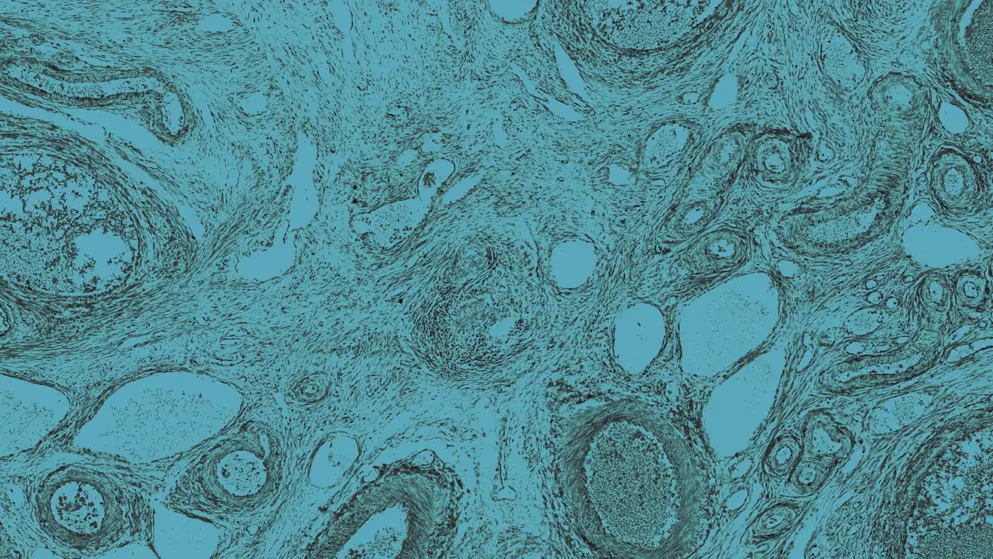
Menopause
Menopause is a natural aspect of ageing most women will experience between the ages of 45 and 55, with symptoms of perimenopause and menopause typically lasting around 7 years. Menopause-related hormonal changes impact women’s mental and physical health and, while there is variation between individuals, vasomotor symptoms – also referred to as hot flashes – are reported by the majority as having the greatest impact on overall quality of life. They disrupt sleep and daily activities, worsening social and emotional wellbeing.
Menopause has also been associated with an elevated risk of cardiovascular disease, osteoporosis and dementia.
Menopause: Unmet needs
Menopause has significant impacts on the lives of many women, but despite it impacting 50% of the population, there are still substantial unmet needs in the management of menopause. These include:
- The impact of menopause on quality of life, including the socioeconomic burden and impact of mental health
- The availability of treatments, including alternatives to hormone replacement therapy such as selective serotonin reuptake inhibitors (SSRIs) and neurokinin 3 receptor (NK3R) antagonists
- The lack of available graduate and postgraduate education on the management of menopause
Developed by EPG Health for Medthority, independently of any sponsor.
Introducing vasomotor symptoms
Vasomotor symptoms (VMS) remain one of the most impactful aspects of menopause.
Learn more about their impact and the treatment options available with "VMS breakthroughs" a 4 article series focused on VMS
of interest
are looking at
saved
next event

